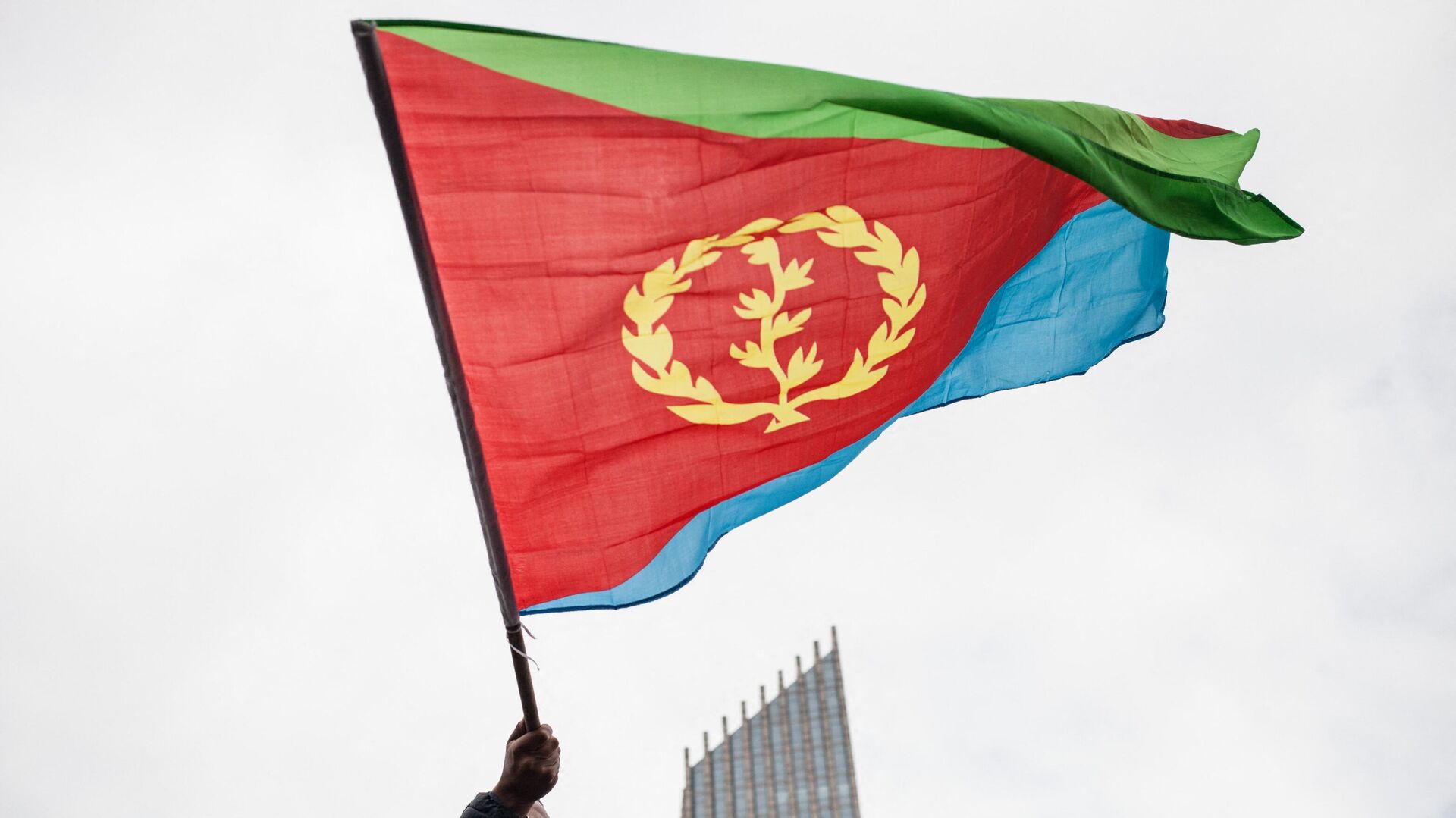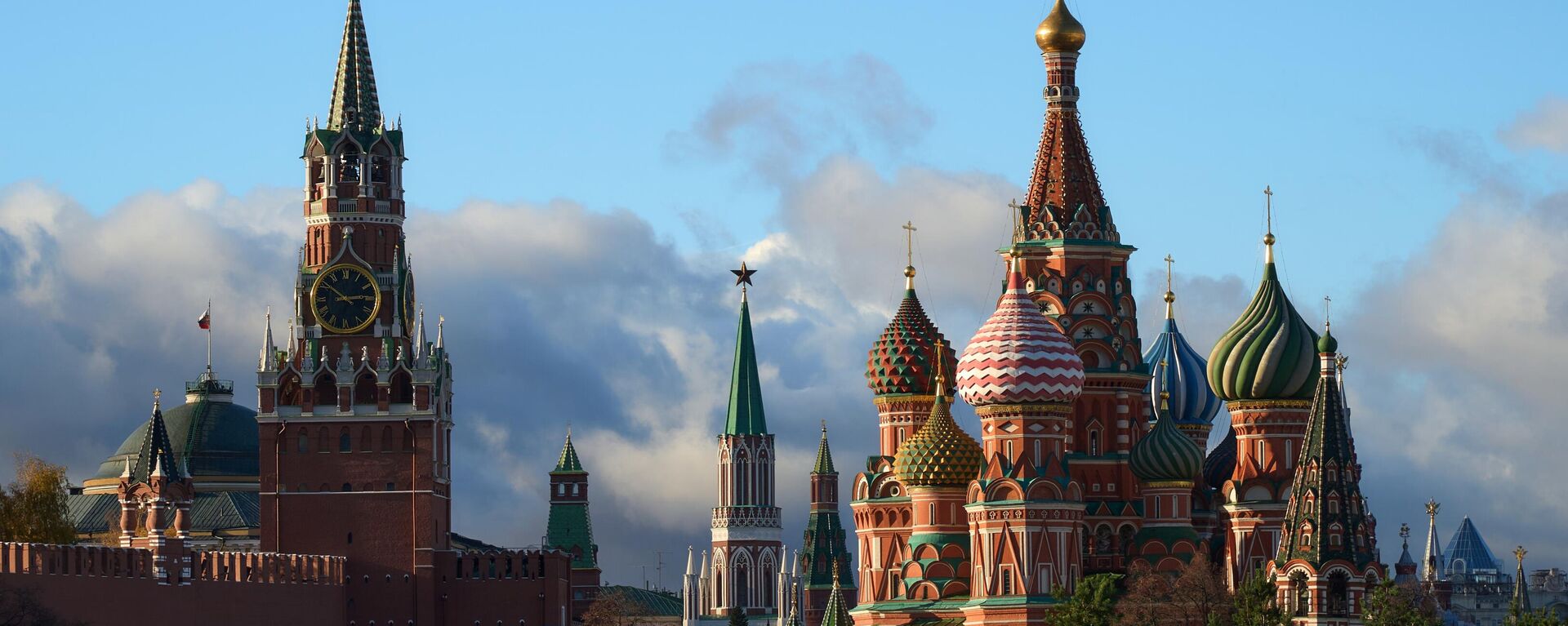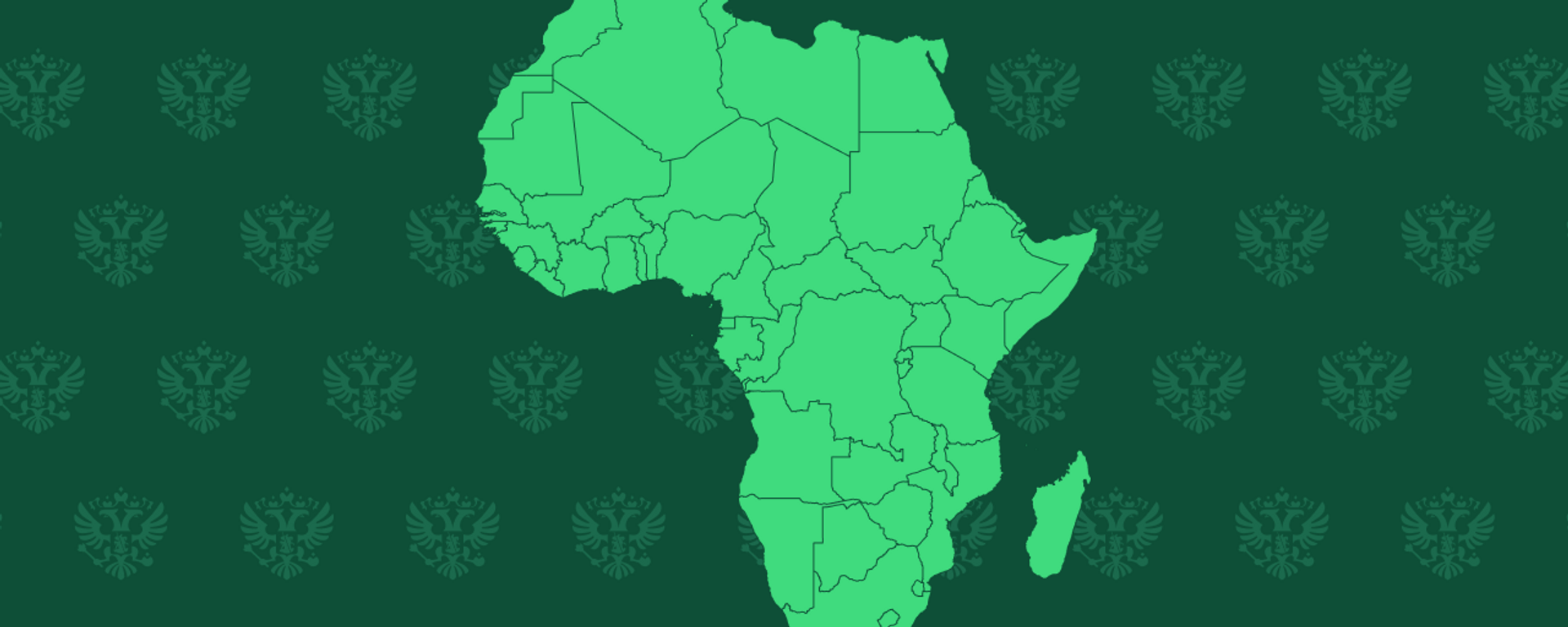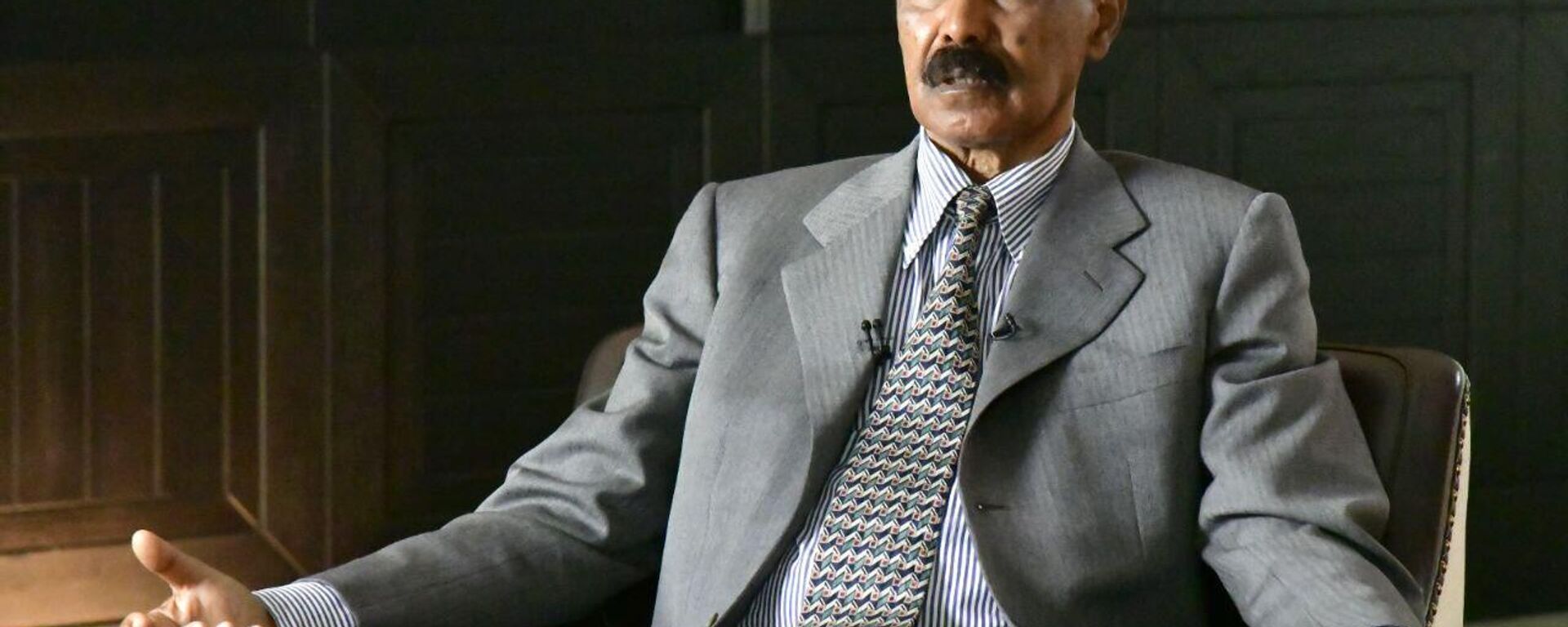Eritrean Envoy to UN Says 'Politicization' of Food Aid Killed Black Sea Initiative
06:30 GMT 26.07.2023 (Updated: 11:48 GMT 26.07.2023)

© AFP 2023 / NICHOLE SOBECKI
Subscribe
UNITED NATIONS (Sputnik) - The West's politicization of food assistance is what killed the Black Sea grain initiative, Eritrean Ambassador to the United Nations Sophia Tesfamariam told Sputnik.
"It [food aid] was given to certain countries who were on their [the West's] side for whatever issue. So, the politicization of food aid is what's killing this initiative," Tesfamariam stated.
The ambassador said the approach is not new, it has been there with food delivery in the past from USAID and other US agencies. Moreover, even if the deal was implemented, it would have no huge impact on Africa.
"The effect [of implementing the agreement] was minimal on Africa," Tesfamariam said. "But the propaganda for the initiative was huge and Africa was used as this bait."
According to ambassador, African nations received less than 3% of the exports as a result of the deal.
"After one year passed, some Europeans got the grain, which is good because they also needed it. So trying to make it look like only Africa is looking for grain from Ukraine was a non-starter," Tesfamariam said. "It was not the way to solve the issue from day one. Regarding Africa, we got less than 3%."
She also pointed out that the United States and other Western states are using Africa as a tool to blame Russia for the situation around the Black Sea grain initiative.
The US and some of its Western allies have said Russia's decision to allow the Black Sea grain deal to expire last week will harm African nations.
"This one was a good way to shame and blame Russia, but use Africans," Tesfamariam stated when asked about the West's comments about how the end of the grain deal will affect Africa.
Tesfamariam also said she was not surprised by the comments from the US and its allies, adding that, from the very beginning, the West was not going to help Africa. Tesfamariam said the West makes many promises and does a "big display" with labels like "Africa Rising" or "African Initiative."
"I think Africans are too jaded now and don't feel surprised by things. Even now when we hear them sometimes complaining they [the West] didn't deliver on financial contributions that they have promised," the envoy said. "Africans are learning that it's all talk."
The ambassador said that African nations decided to produce food instead of waiting, and Ethiopia for example started producing its own wheat.
"Eritrea increased their output by 20% and other regions did the same," Tesfamariam added.
Sophia Tesfamariam also said NATO nations provoked Russia for over a decade before the special military operation was launched in Ukraine.
"Before that there were 14 years that the NATO Allies were pushing and pushing and pushing Russia, breaking one promise after another, breaking one agreement after another," Tesfamariam said. "This containment of Russia that they were going to do. And for us we just felt like yes, Ukraine was the sacrificial death that they used to get the noise going. But for us the culprits were known from day one, it was not Russia."
The UN General Assembly in March of Last year adopted a Western-backed resolution on the humanitarian situation in Ukraine, with 140 countries voting in favor, five against and 38 abstaining from the vote. Russia, Belarus, Eritrea, North Korea and Syria voted against the resolution.
Tesfamariam said Russia's special military operation in Ukraine was a preemptive act of security, and for those reasons Eritrea decided to oppose the measure.
According to the Eritrean Permanent Representative at the UN, there is no reason for Russia's fertilizers to be held in European ports, it is hijacking and playing with human lives.
"It's politicized. There's no reason for holding it," Tesfamariam said when asked about some 262,000 tonnes of Russian fertilizer Moscow says is stuck in European ports. "It's hijacking. It's almost like playing with people's lives."
Tesfamariam said the fertilizer is especially important for larger countries like Ethiopia, Nigeria, Mali, and Sudan, that need to feed big populations. Tesfamariam said the West has campaigns to feed people in Africa while blocking grain that can help Africans feed themselves.
"So I think at some point, they have to do some... introspection," Tesfamariam said. "Actions speak louder than words."




